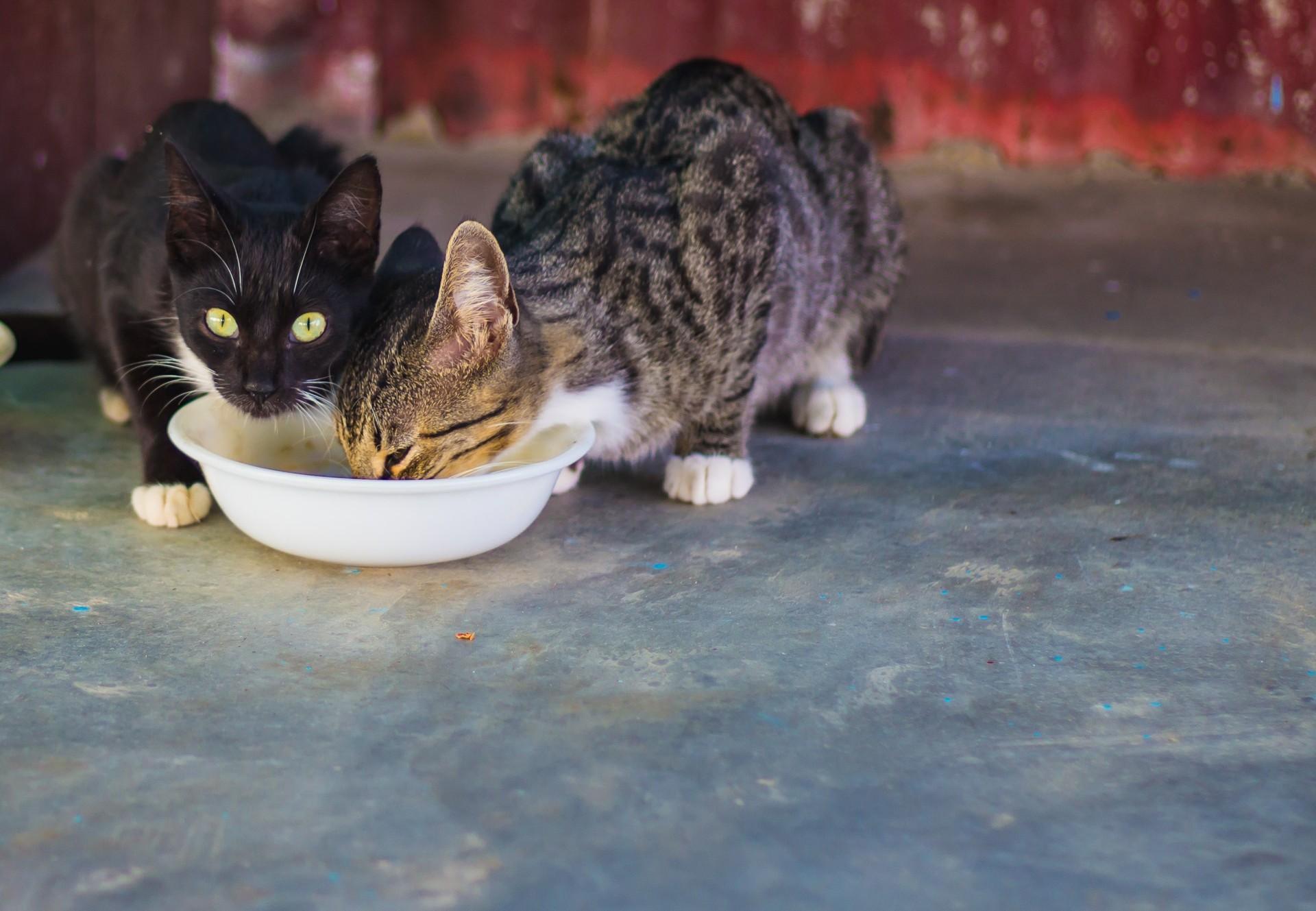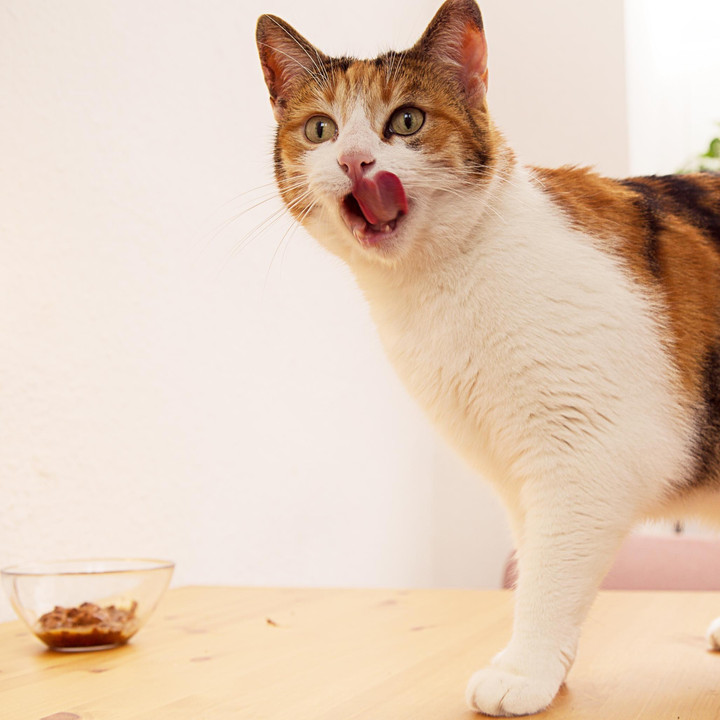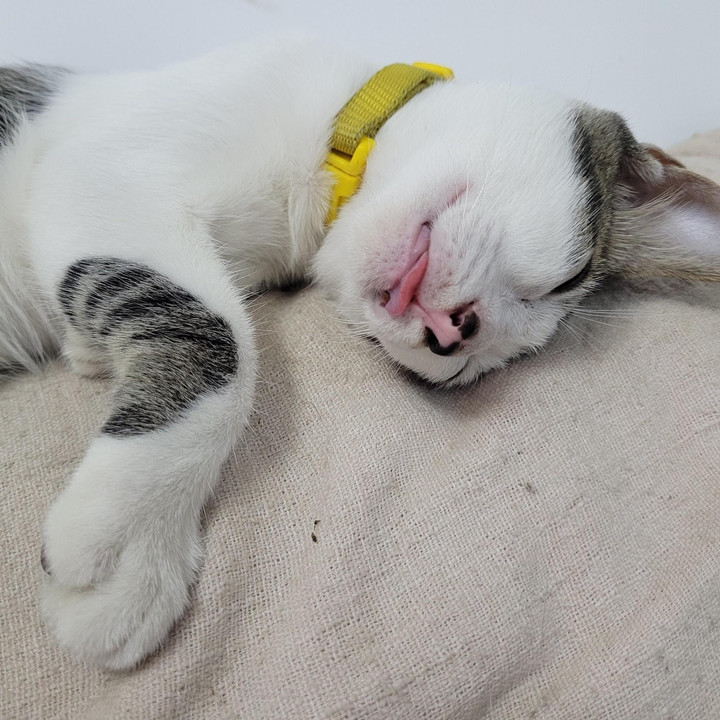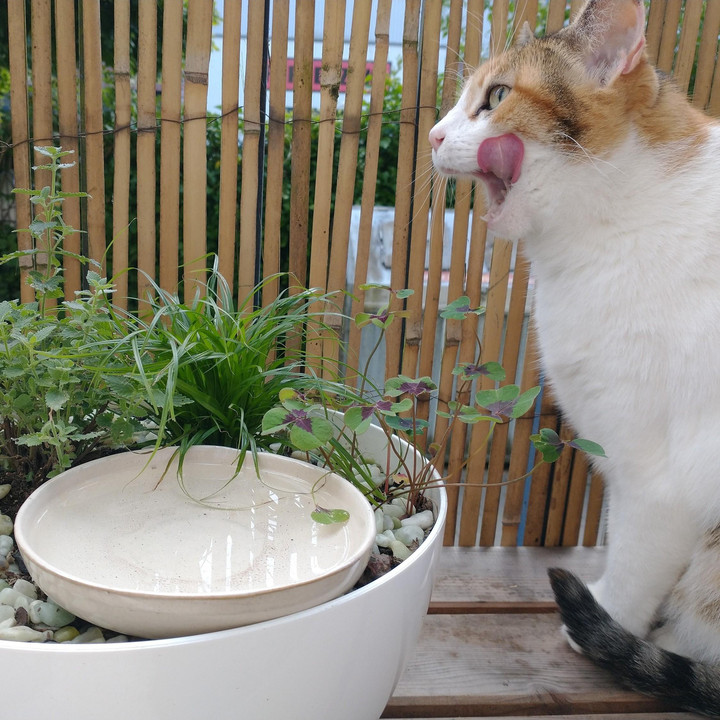
Milk Is Not Good for Cats
Adult cats are lactose intolerant and develop gastro-intestinal problems after drinking milk
Young cats still being nursed by their mother produce the enzyme lactase and are therefore able to break down the valuable energy source lactose into its components, making it harmless to them. However adult (weaned) cats no longer need to produce the enzyme as naturally they wouldn’t consume any milk. As a result, they may experience health problems if they consume milk or other dairy products.
What is lactose intolerance?
Milk sugar (lactose) needs to be split into its constituent parts galactose and glucose in order to enter the bloodstream via the mucous membrane of the small intestine. The enzyme lactase is responsible for this process. An adult cat produces lactase minimally - or not at all - as its food is no longer milk but meat. This means it is lactose intolerant. If an adult cat consumes milk or dairy products, the lactose does not break down and enter the bloodstream in the small intestine but continues unchanged into the large intestine. There it is colonised by bacteria, causing painful gas, flatulence, cramps, abdominal pain, vomiting and diarrhea, usually between 8 – 12 hours later.
Tips

Lactose-free milk

Take it to the vet!


